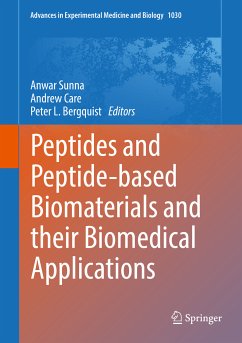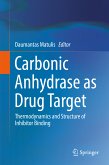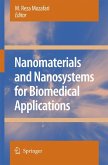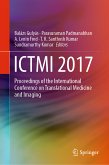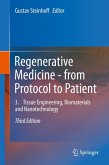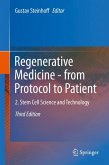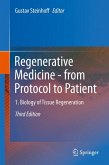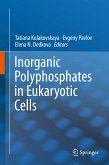An overview is provided of the expansive variety of biological leads for biomedically relevant peptides as well as the wide array of tissues and biological, bioactive scaffolds that are dependent on these short peptide sequences addressing topics such as cartilage and hard tissue initiation and regeneration and the transition of active reagents from molluscs to drug leads for the treatment of chronic pain. Peptides can possess surface-specific non-covalent adsorption properties that can be exploited to enhance the functionality of medical implant materials but their implementation is largely on a trial-and-error basis because an understanding of general structure/function relationships is lacking. Molecular simulation approaches can provide relevant details at the atomic scale and prospects for advancing peptide-mediated medical implant surface treatments via molecular simulation are summarized. The literature has papers emphasizing the role of peptides in the design of biohybrid functional surfaces and there has been a growing interest in applying peptides as materials-selective assemblers and self-organizers, but applications are based largely on an empirical understanding of solid surface binding characteristics, as reviewed here.
The present work is written for researchers who may be considering entering this field and are exposed to a mass of fundamental research information on individual applications. It has been our intention to trace how and where the research has emerged and to outline the opportunities we see to develop novel and well-grounded tools for specific therapeutic scenarios.
Dieser Download kann aus rechtlichen Gründen nur mit Rechnungsadresse in A, B, BG, CY, CZ, D, DK, EW, E, FIN, F, GR, HR, H, IRL, I, LT, L, LR, M, NL, PL, P, R, S, SLO, SK ausgeliefert werden.

